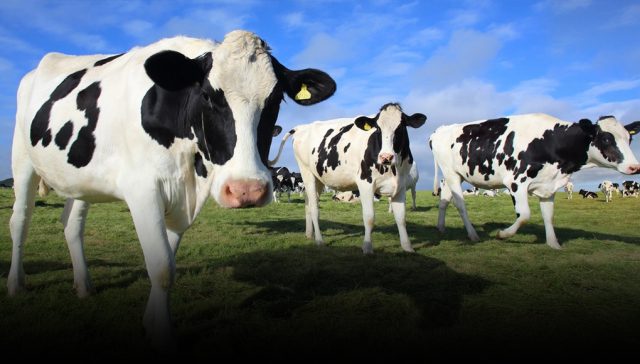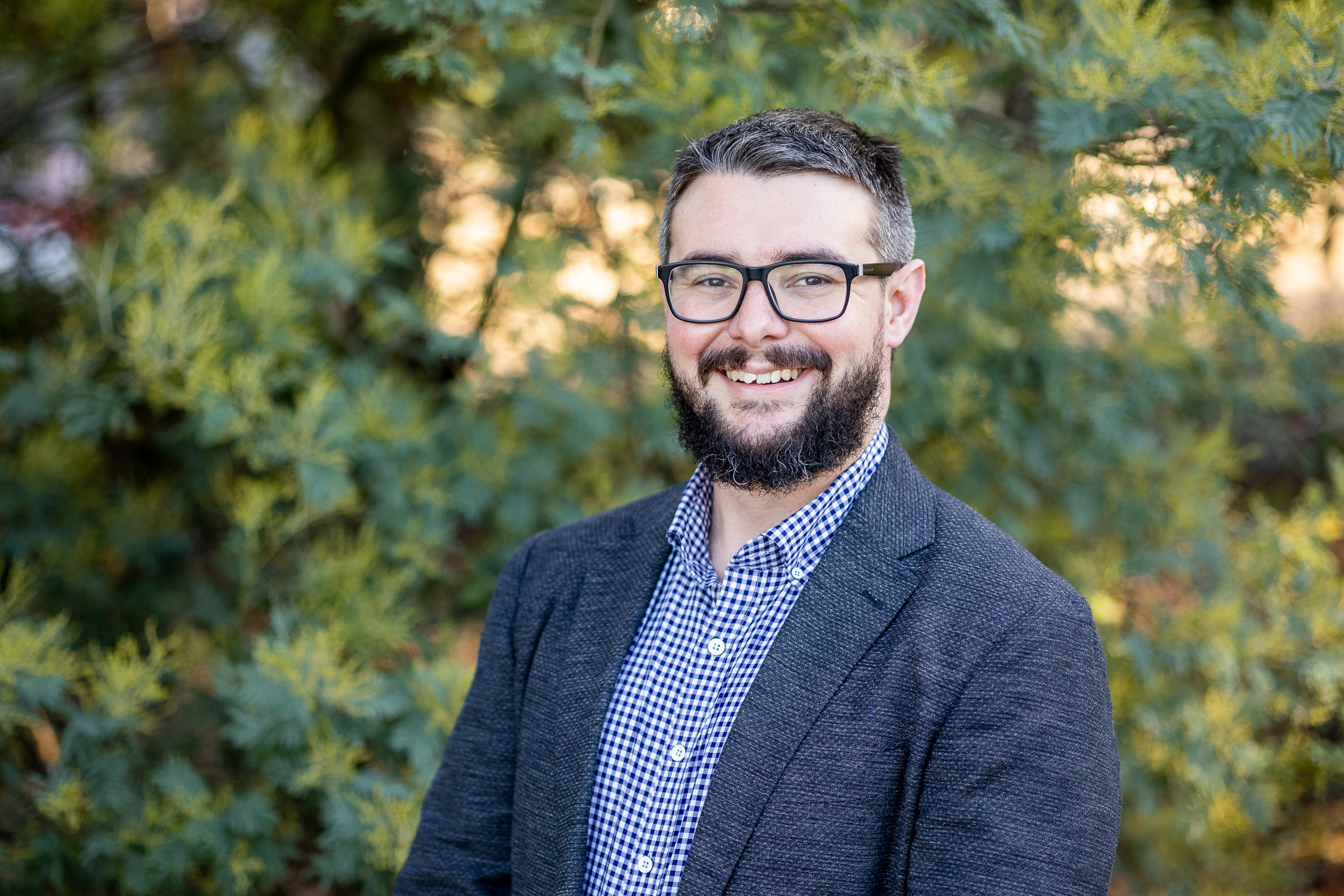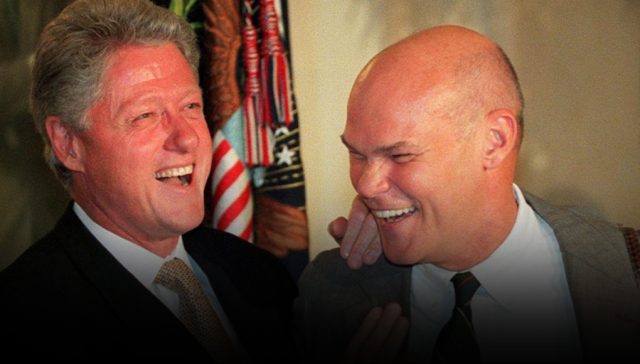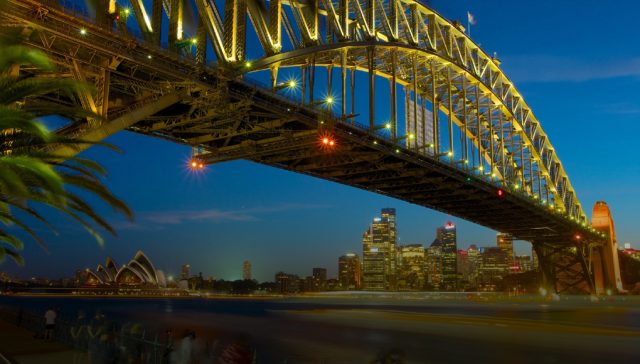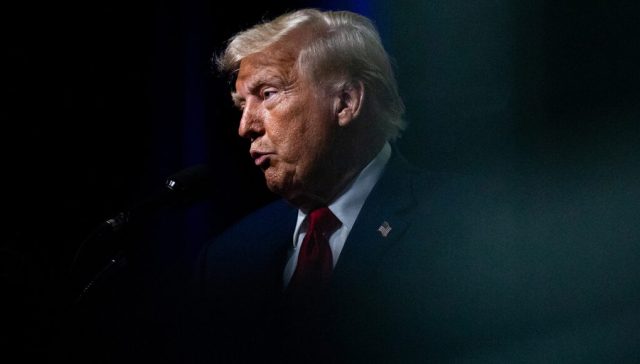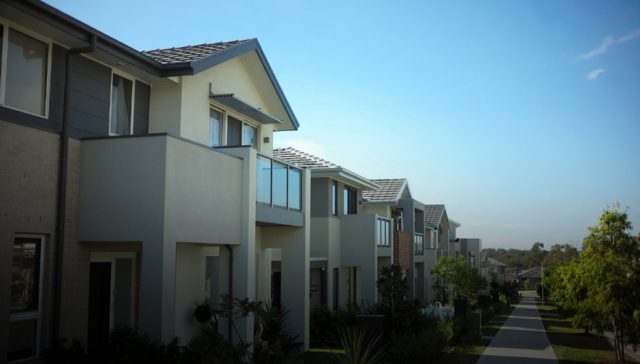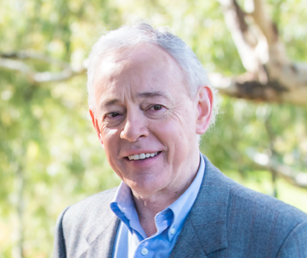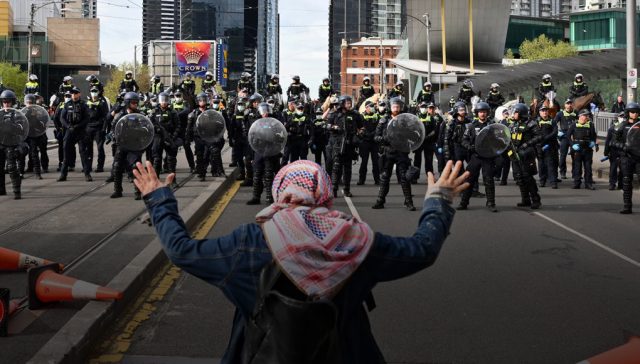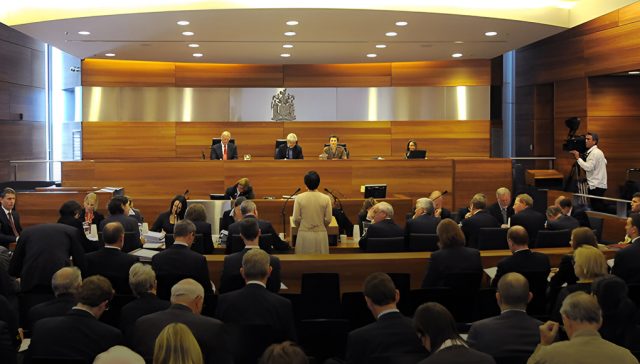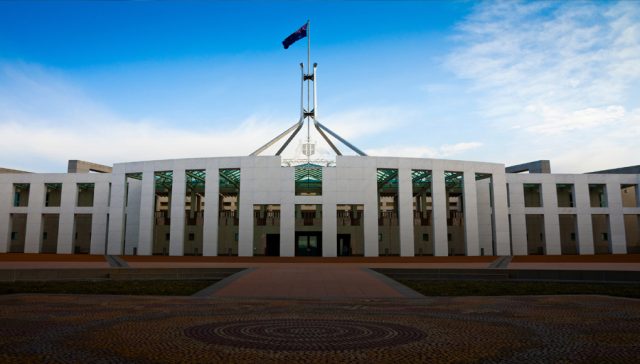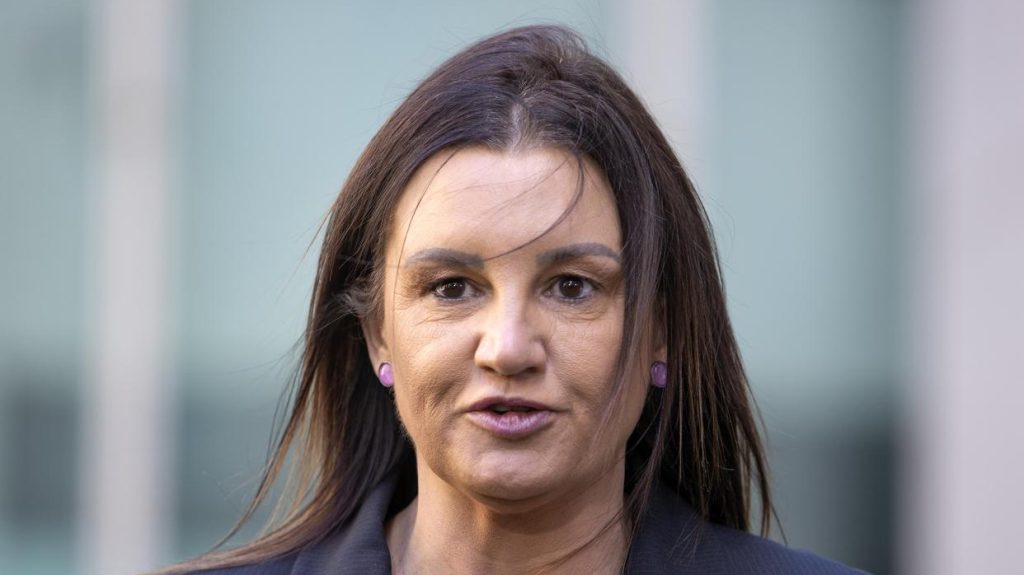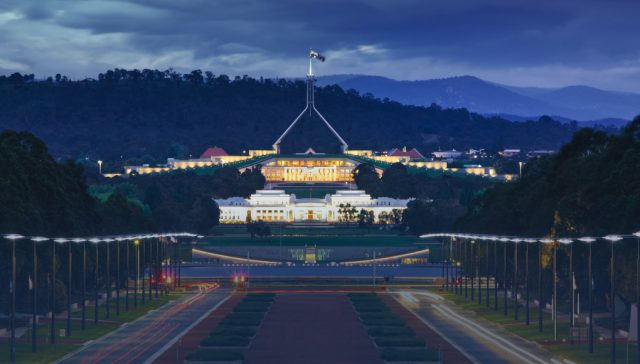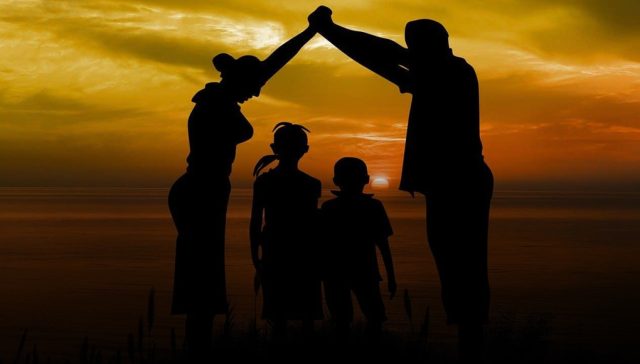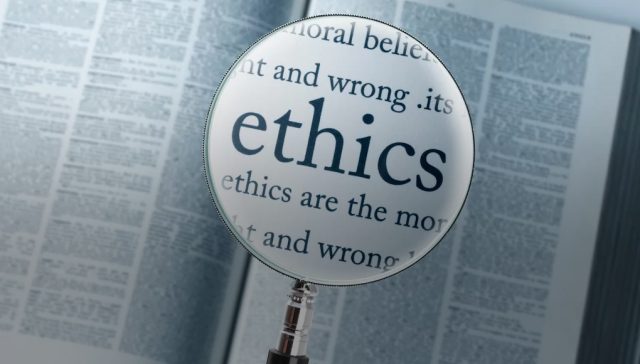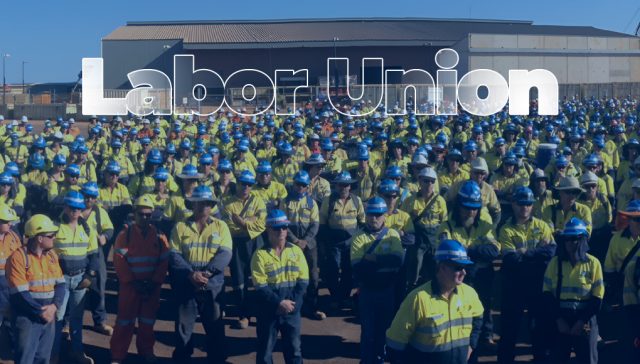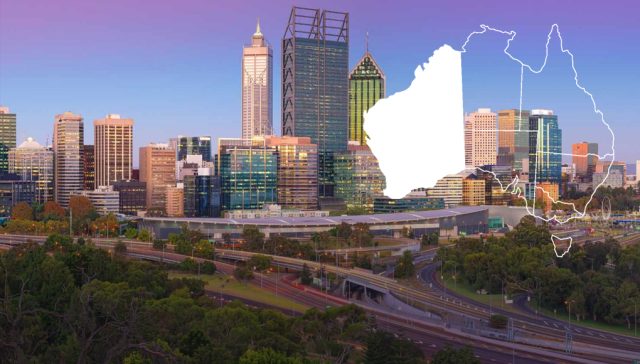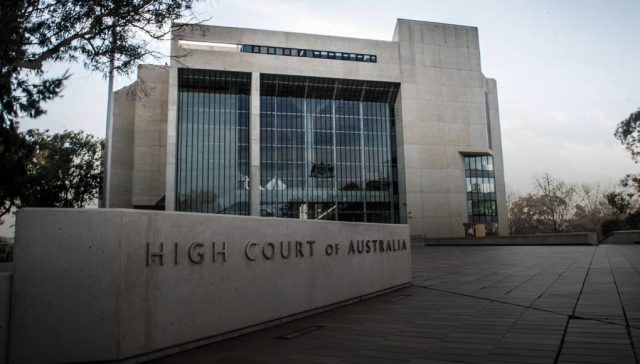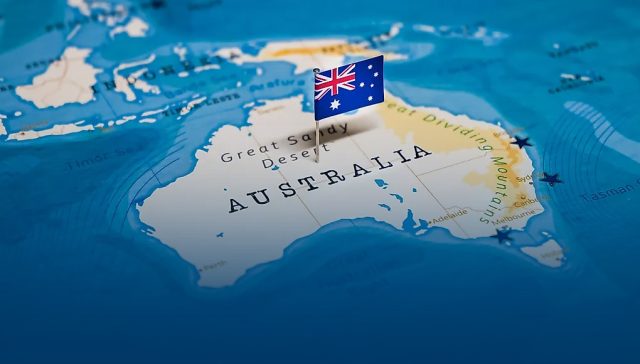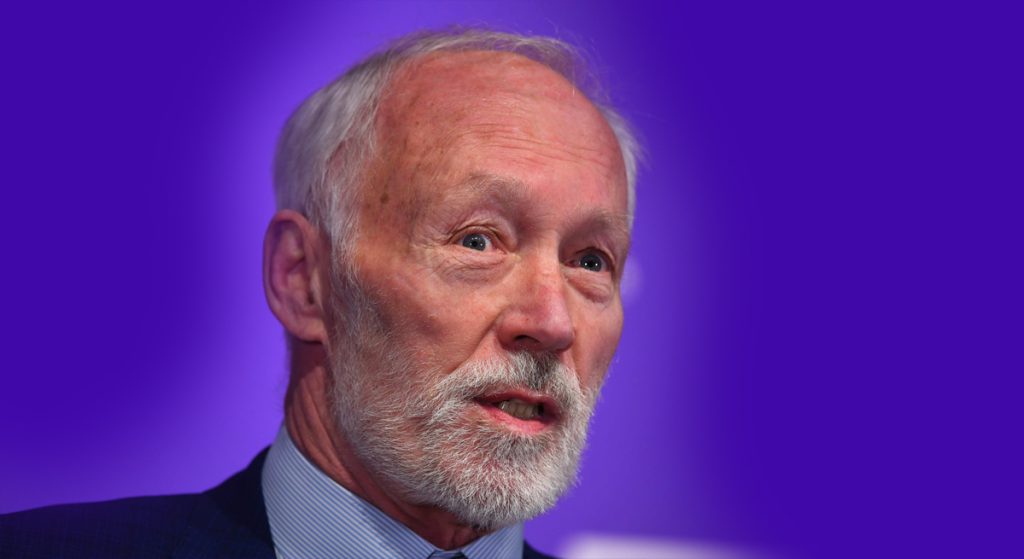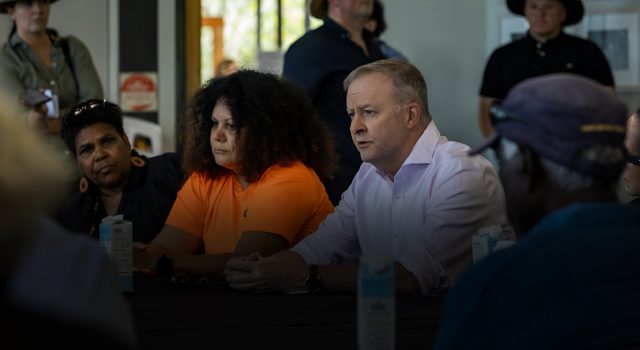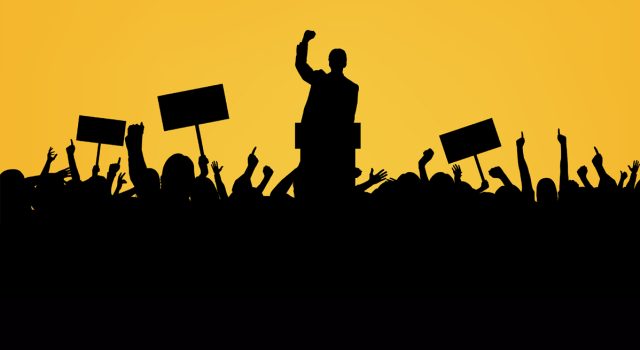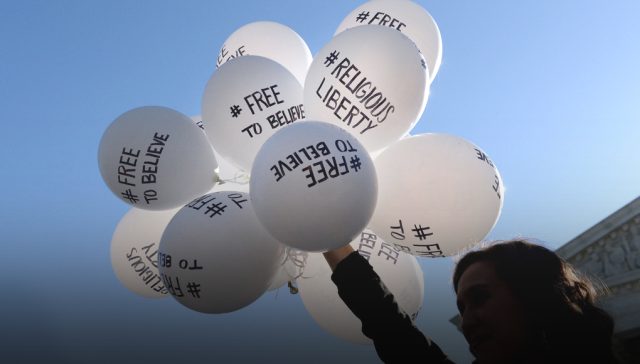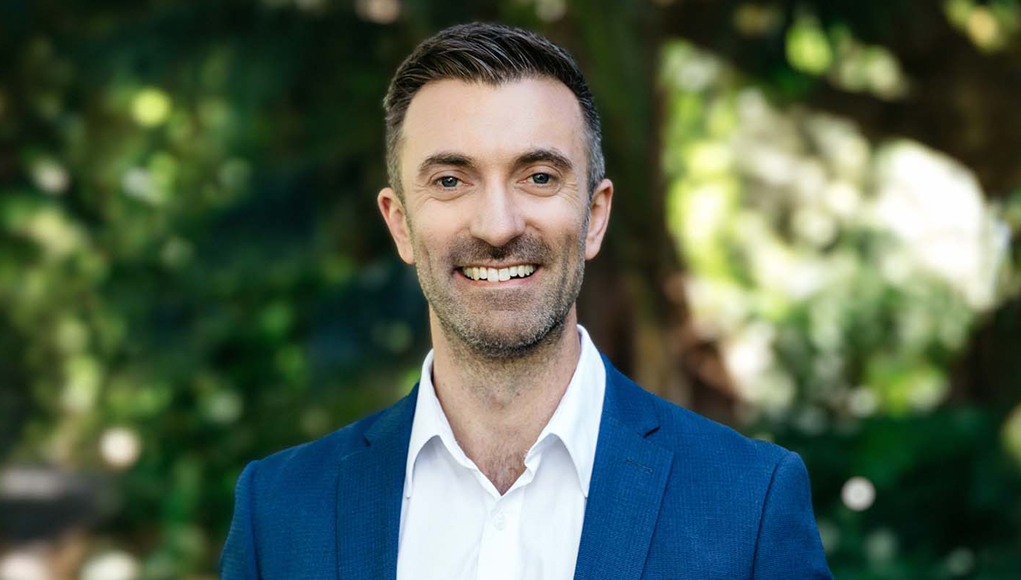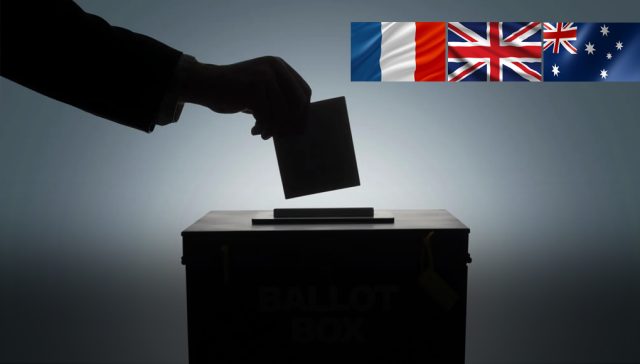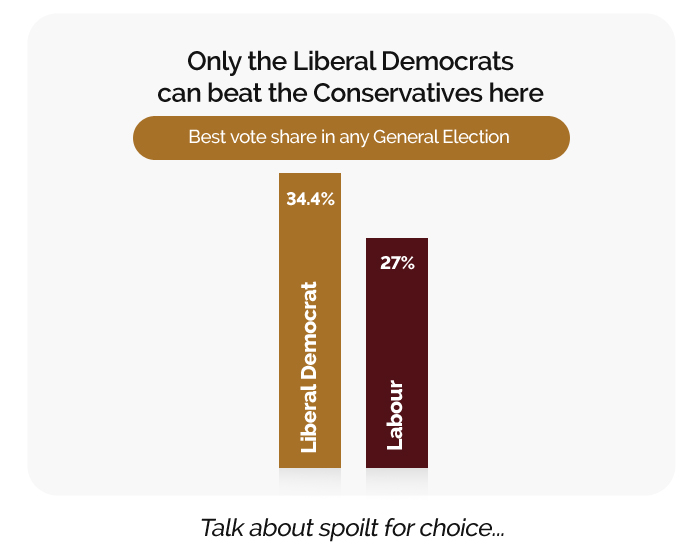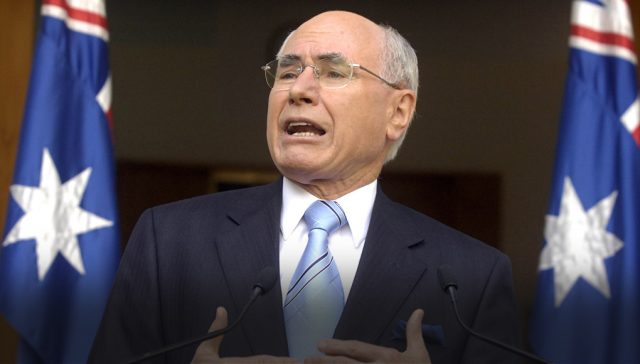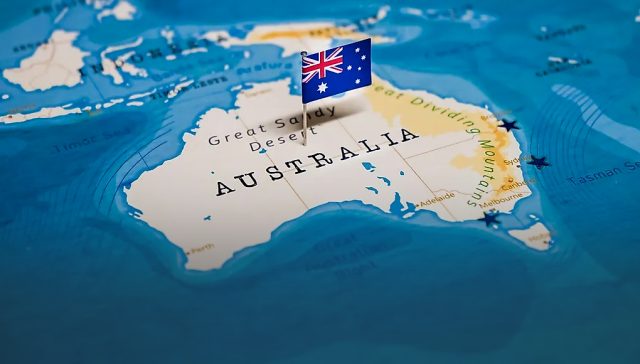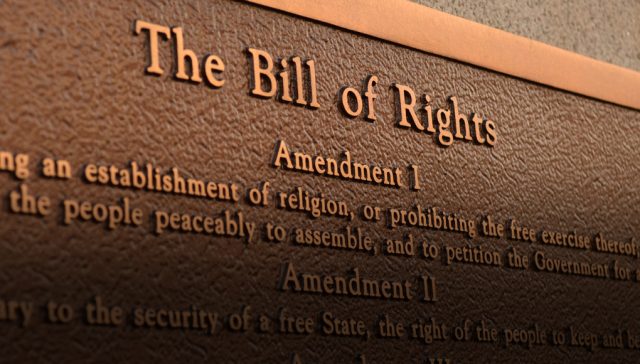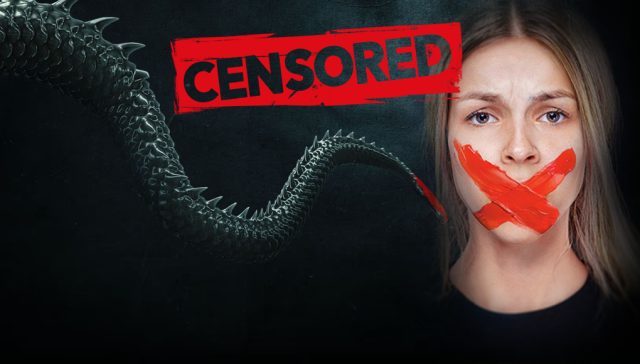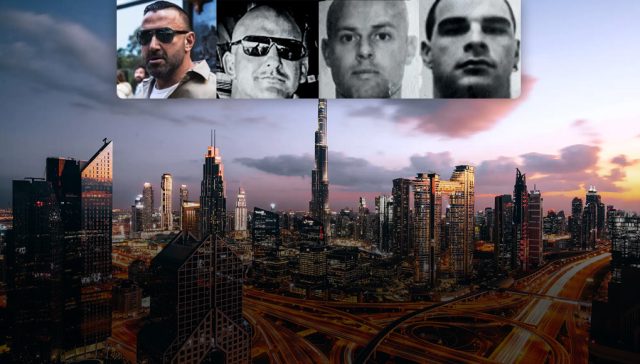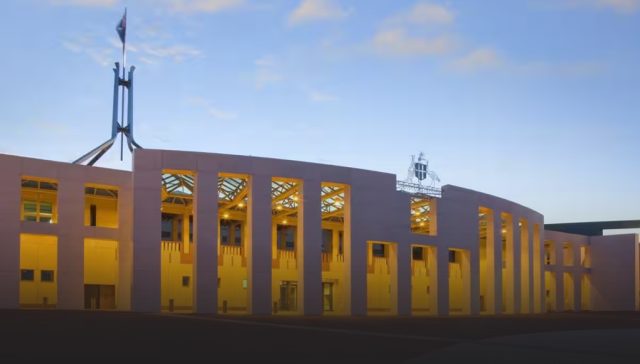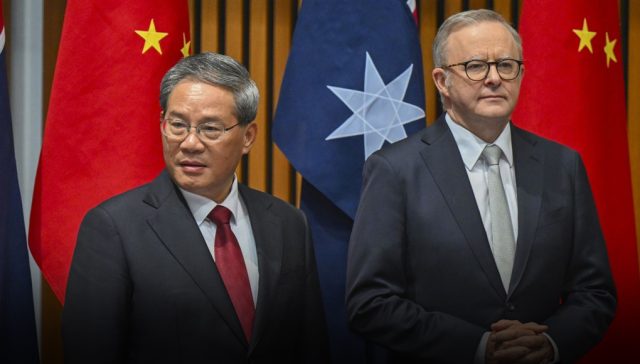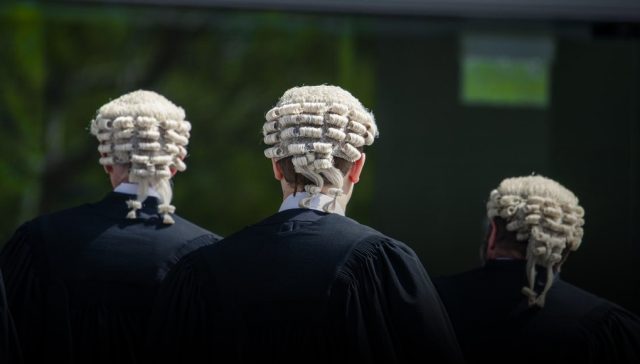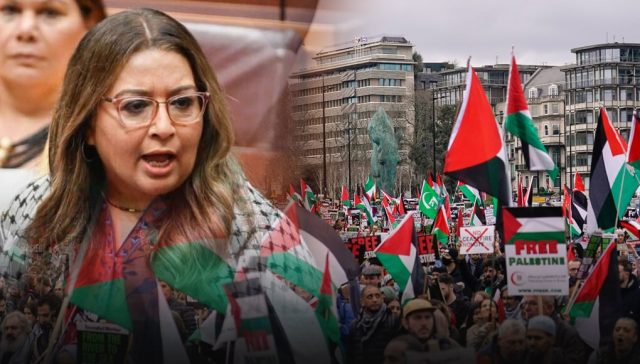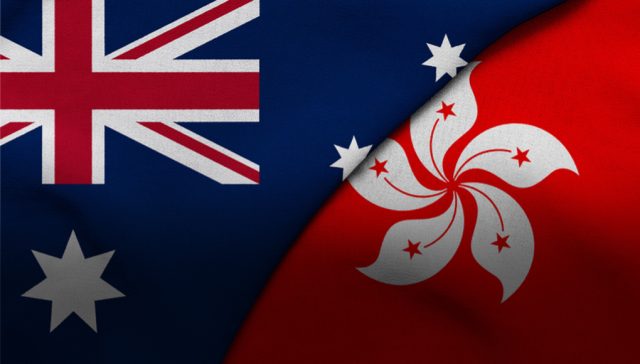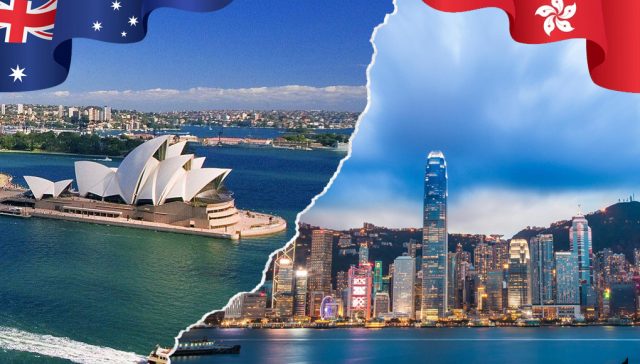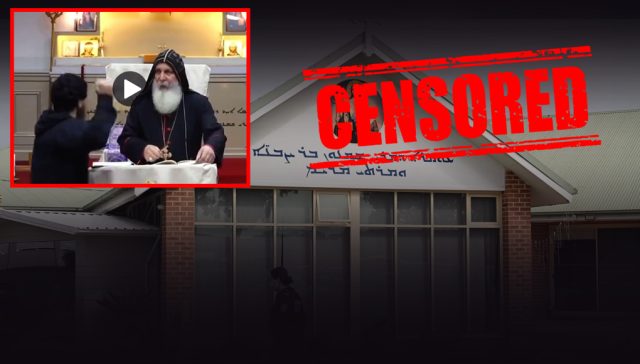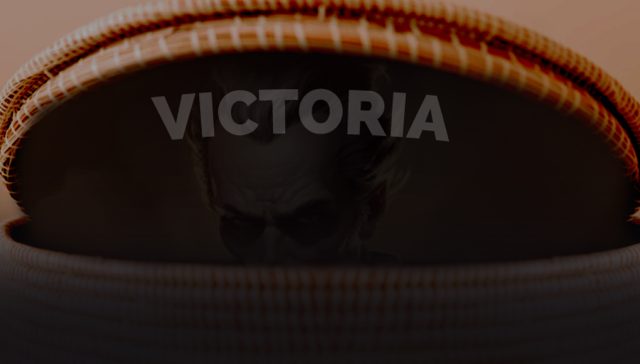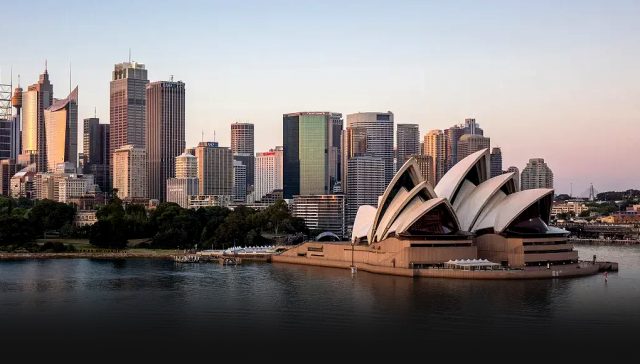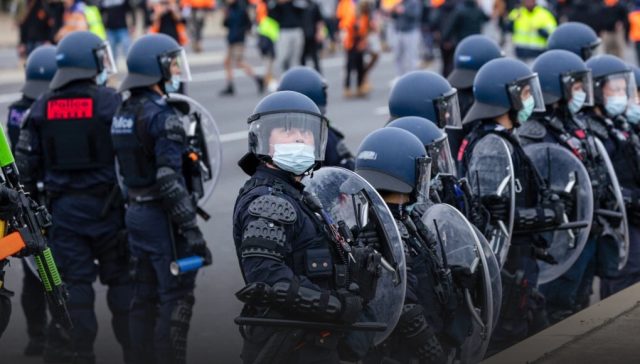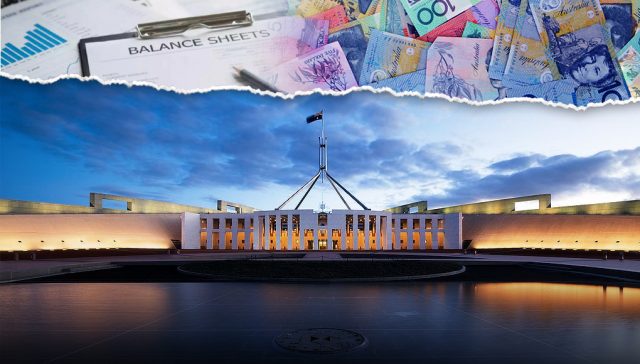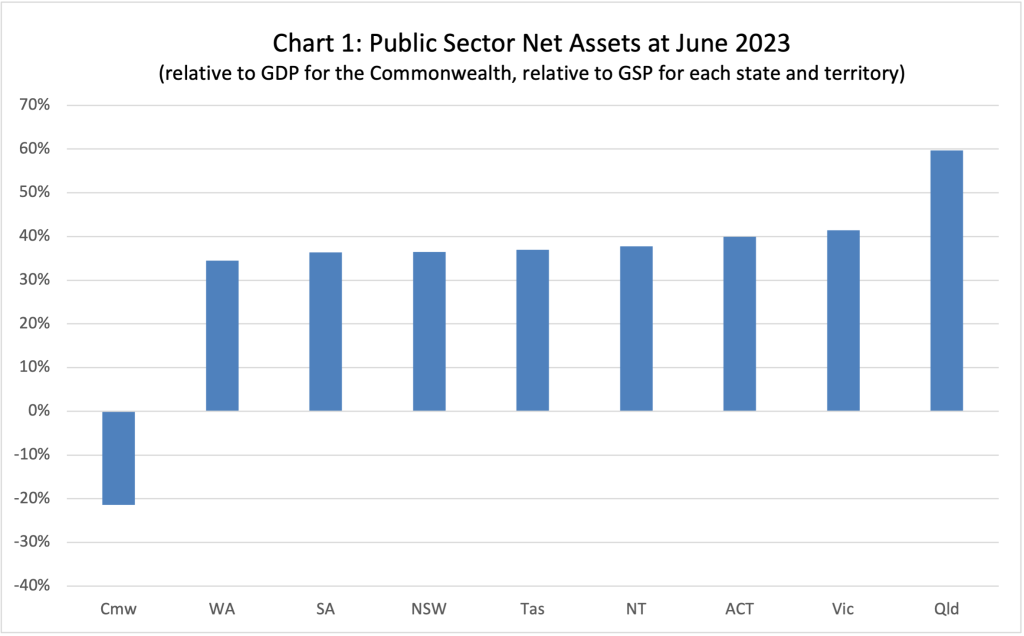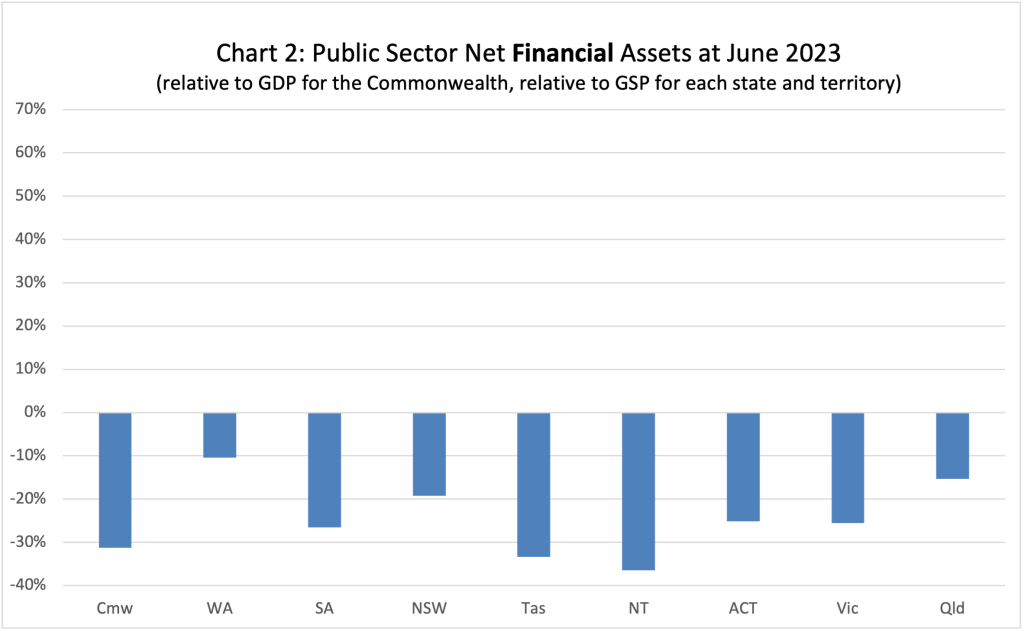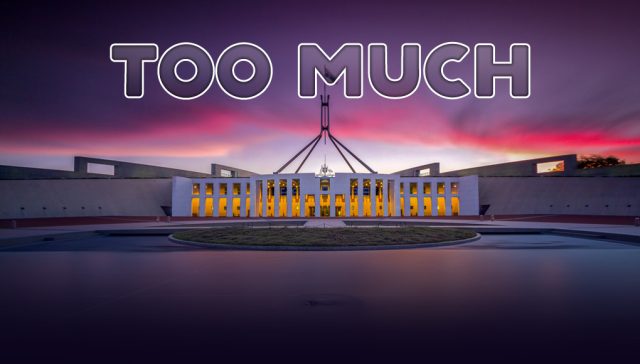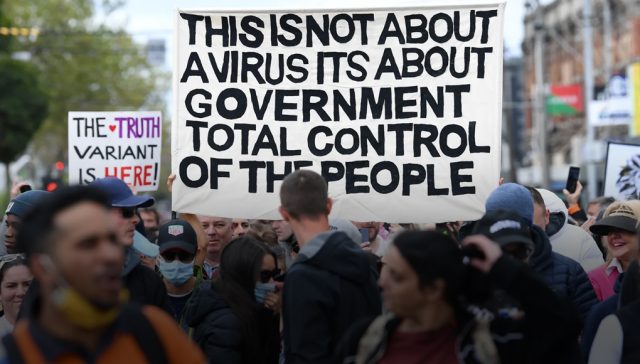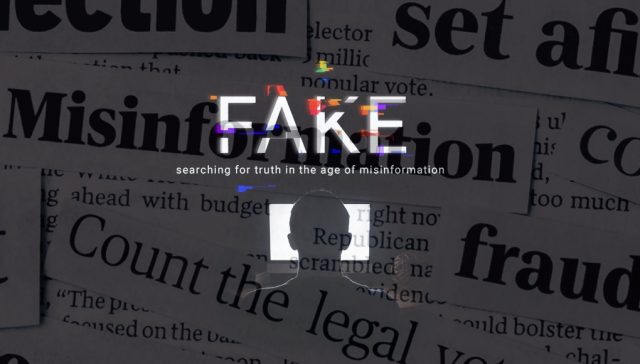Cows, Comforts, and the Cost of Complacency
I am a beef producer and spend a lot of my time observing cattle. I gain a lot from observing cattle – how they interact, what they like, their different attitudes – and see so many similarities in my own world.
In the not too distance past, cattle roamed over vast plains in outback Australia with little interference from humans. The paddocks were large and open, fences were few and far between and they had ample space to graze, mingle, and flourish. Life was good. But over time, things have changed. Paddocks have become smaller, management has changed and fences have multiplied, confining movement and limiting access to better pastures and other mobs of cattle.
New barriers have been devised to manage cattle, moving them between paddocks and forcing them into -tighter holdings. Most of the mob follows the changes without question, lured by promises of greener pastures. But there are always the suspicious cows; these cautious individuals linger at the gates, wary of what lies ahead. Occasionally, they may even try to dart past the dogs, desperate to return to their freedom.
we must remind people of the values that once defined us: self-reliance, personal responsibility, and the freedom to choose our own path.
To keep the cattle compliant, graziers may use a clever plan. Sweet licks and grains are placed in the next paddock, conditioning the cows to associate their new enclosures with rewards. For most, this will be enough – they will eagerly line up at each gate, ready to move forward when asked. But not every cow can be bought. There are always the troublemakers—heads high, ears forward—standing their ground. For these rebels, teams of dogs can be used to nip at their heels and force them into submission – mine are named Greenie, Labour, and Libby.
Laneways are great for mustering – cattle can be moved easily, even into small yards. Most will move willingly in whatever direction you ask, especially if distracted by treats. But again, there will always be troublemakers – their instincts screaming that something is not right and looking for a way out. Troublemakers are culled, removed from the mob, and the whole mob becomes more compliant without them.
The rest of the mob, oblivious to the fate of their mates, will graze contentedly on the treats provided and move wherever needed. They will gain weight, and perhaps become overweight, their focus solely fixed on the next mouthful. One by one, pen by pen, they too will be loaded onto trucks, meeting the same fate as their rebel mates.
Life was good. But over time, things have changed.
This story holds a warning for all of us who value freedom and independence. Like the wary cows, some of us see the dangers in the barriers that restrict our choices, the constant push toward conformity, and the alluring distractions to prevent us from noticing the encroachment on our freedoms.
But many do not. The promise of comfort and security blinds them to the true cost. The “free” gifts and conveniences offered by ever-expanding systems of control are little more than bait. The fences multiply, and the paddocks grow smaller, until there is no way out.
We stand at a crossroads. If we do not act, if we do not challenge the systems that erode our freedoms, we will end up like the first cows loaded onto the truck. The safety blanket of ever-growing control is easy to accept, but tearing it away will take courage and determination. Change must come carefully, deliberately. Rushing risks alienating those who have grown used to this way of life. Transformation is a game of inches, not miles.
To reclaim what has been lost, we must remind people of the values that once defined us: self-reliance, personal responsibility, and the freedom to choose our own path. These principles have been eroded by decades of creeping control. Many younger generations do not know a world where independence was the norm, where individuals and communities thrived without interference.
It is time to resist the fences. To refuse the sweet licks and grains. To awaken others to the path we are being led down, and to inspire the courage to choose something different. The journey will not be easy, but the alternative is far worse.
Let us not be the cows who march willingly to their fate. Instead, let us be the ones who stand tall, who see the open fields for what they are, and who fight to preserve them—not just for ourselves, but for all Australians.
Jim Willmott is Queensland Senate candidate for the Libertarian Party and former Chair of Property Rights Australia. Recognised for his contributions to rural communities, he volunteers with the National Rational Energy Network, supporting communities affected by renewable energy developments. He advocates for reduced government intervention and traditional Australian values.






